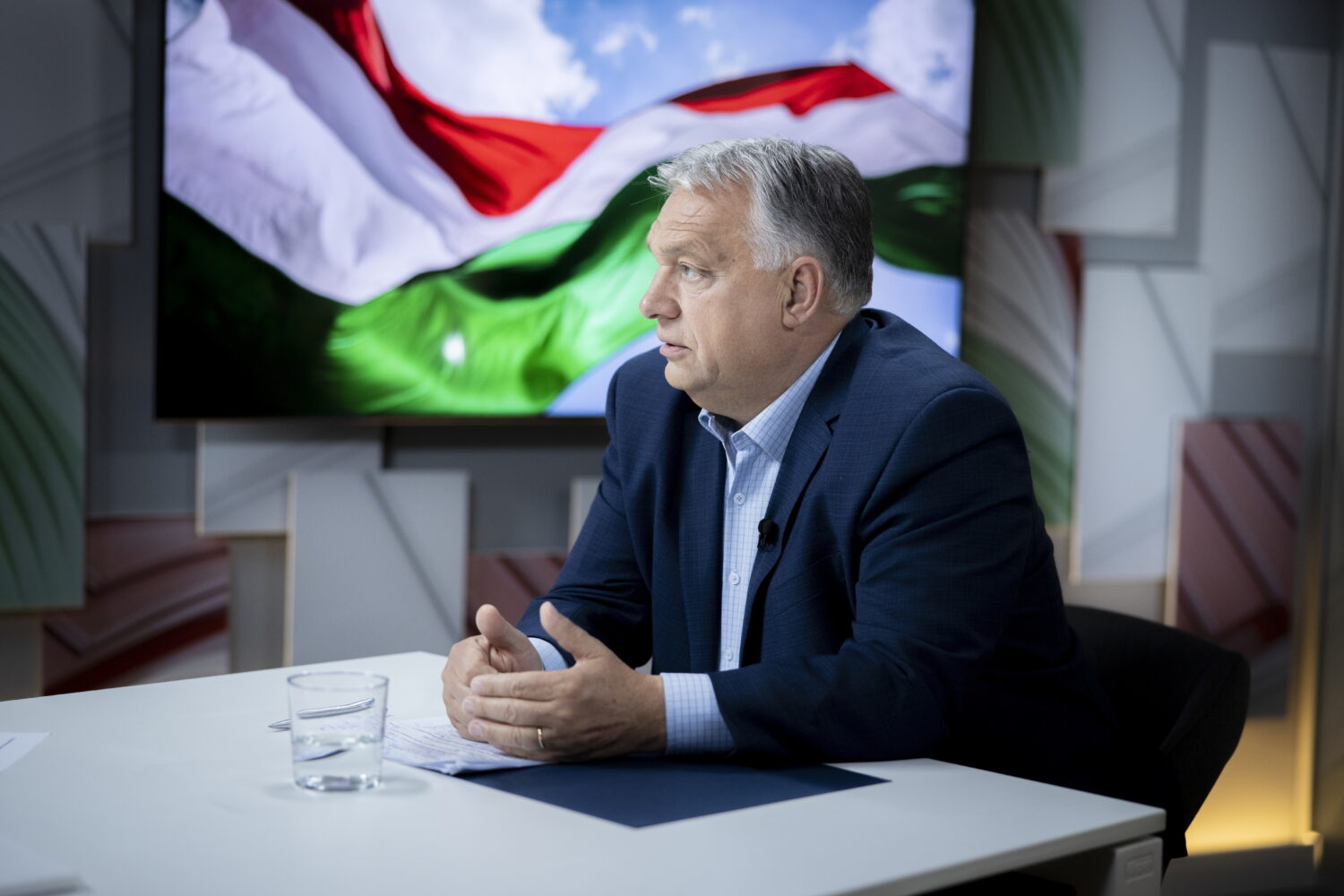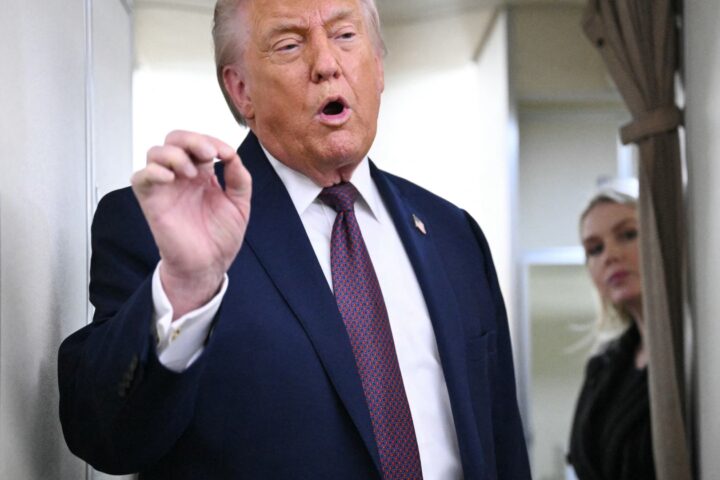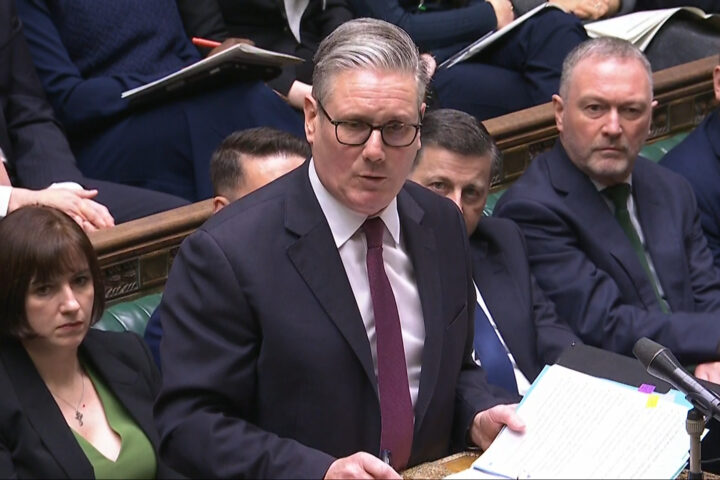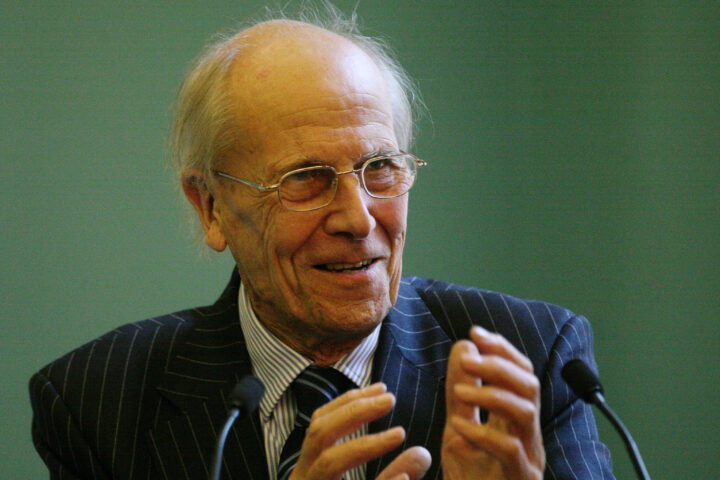Hungarian Prime Minister Viktor Orbán has said that Russian drones entered Polish airspace, stressing that the incident was unacceptable and that Hungary stood in full solidarity with Warsaw. Speaking on September 12 during an interview on Kossuth Radio, Orbán argued that while Poland was “neck-deep” in the Russia-Ukraine war, Hungary had managed to stay out of it. He underlined that the Russian drone incursion into Polish territory was a stark reminder of the dangerous conditions in which Europe currently lives.
Largest violation of Polish airspace since 2022
The overnight incident between September 9 and 10 marked the most serious breach of NATO airspace by Russia since its full-scale invasion of Ukraine in 2022. Polish and allied air forces, including German and Dutch jets, scrambled to intercept the drones. Polish Prime Minister Donald Tusk described the episode as a “deliberate and coordinated attack,” while Moscow denied any responsibility. In contrast, U.S. President Donald Trump suggested the breach might have been a mistake and refrained from condemning Russia.
NATO response and Poland’s appeal to the UN
Warsaw convened an emergency meeting of the UN Security Council and invoked Article 4 of the North Atlantic Treaty, which allows for consultations when a member state’s security is threatened. NATO acknowledged the incursion as intentional but stopped short of classifying it as an armed attack that would trigger collective defense measures.
Orbán’s balancing act with Poland and Moscow
Orbán sought to reaffirm Hungary’s ties with Poland, calling Poles “historic allies” and “true friends,” despite ongoing political differences. His public solidarity reflects Budapest’s recognition of Poland’s strategic importance in Central Europe. At the same time, Orbán continues to distance Hungary from direct involvement in the war, portraying himself as a protector of national interests and resisting moves that could draw the country into the conflict.
Hungary’s stance on Ukraine and EU unity
Unlike Poland, where the Russian threat is widely viewed as existential, Hungary maintains a policy of avoiding military engagement. Orbán regularly argues that Western arms deliveries prolong the conflict and insists on immediate ceasefire talks with Moscow. His rhetoric aligns with Kremlin narratives, including calls to end “war fatigue,” which critics say risks entrenching Russia’s aggression. Budapest has repeatedly used its veto power within the EU to delay sanctions against Moscow and has blocked the disbursement of €6.6 billion from the European Peace Facility intended for Ukraine.
Energy ties and U.S. pressure
Hungary’s approach is also shaped by its reliance on Russian energy. Orbán has leveraged his stance to secure discounted oil, gas and nuclear fuel from Moscow. Washington, meanwhile, has pressed Budapest to end these dependencies. U.S. Energy Secretary Chris Wright has emphasized that Europe should source its energy from “friends” rather than adversaries.















